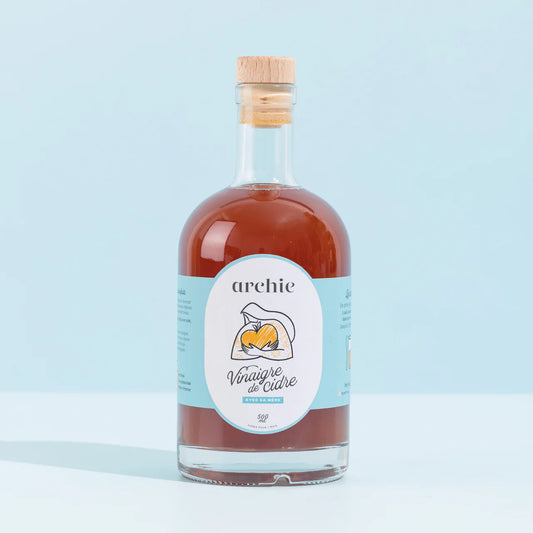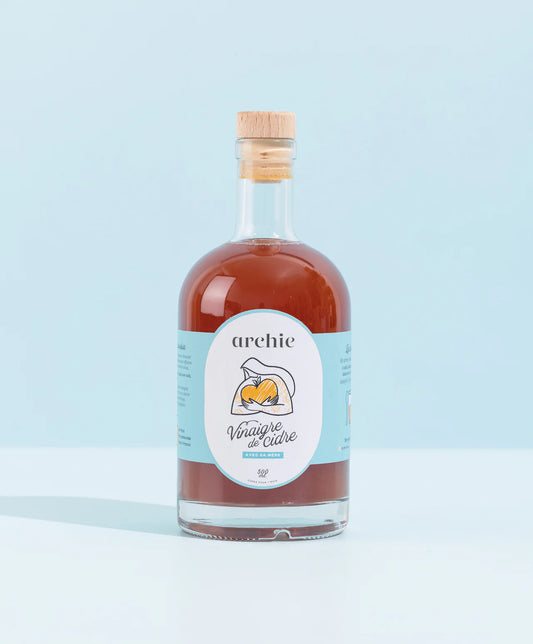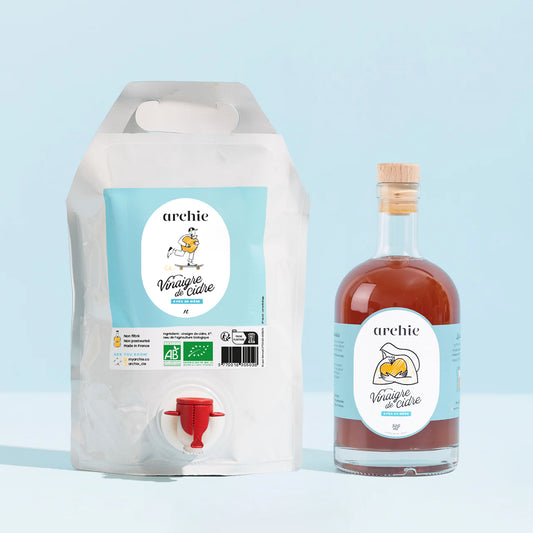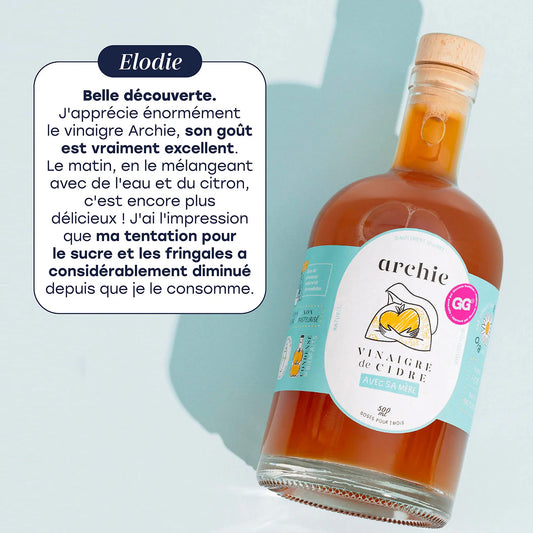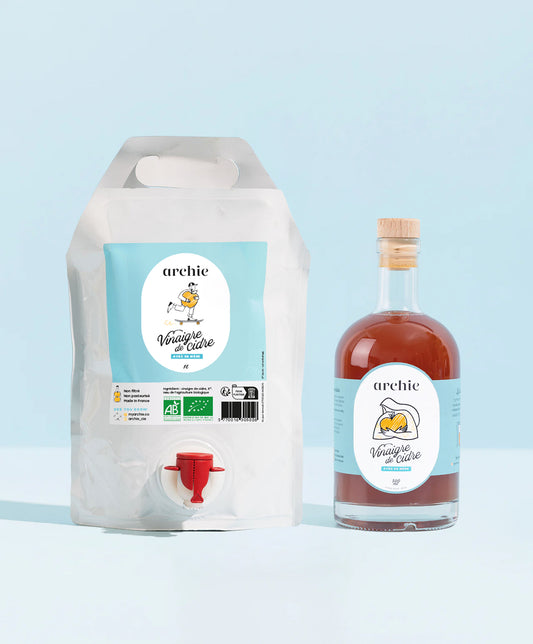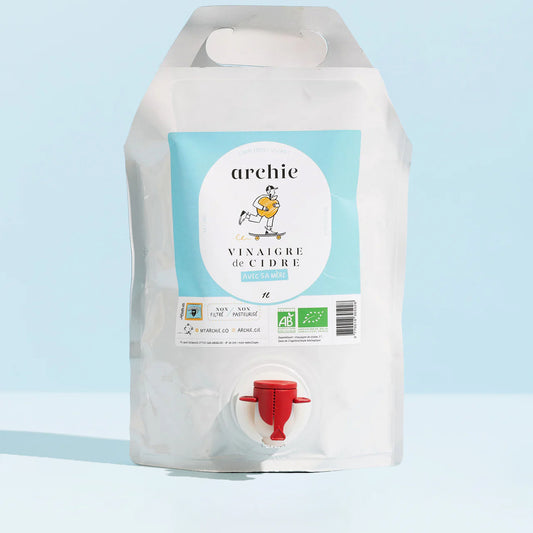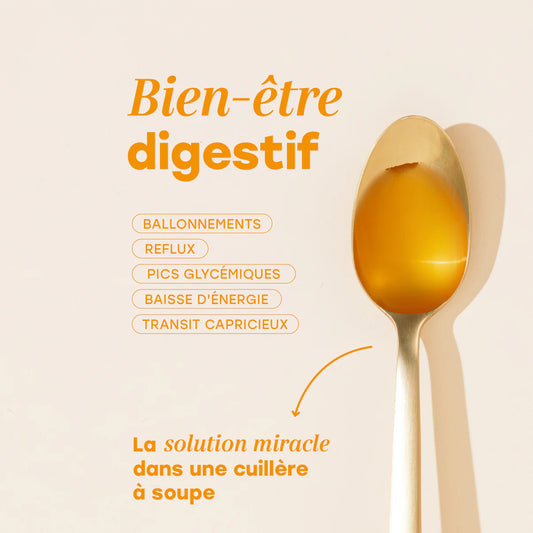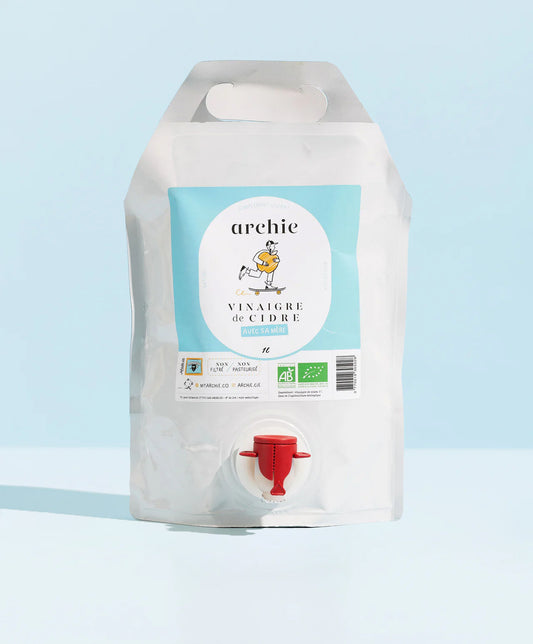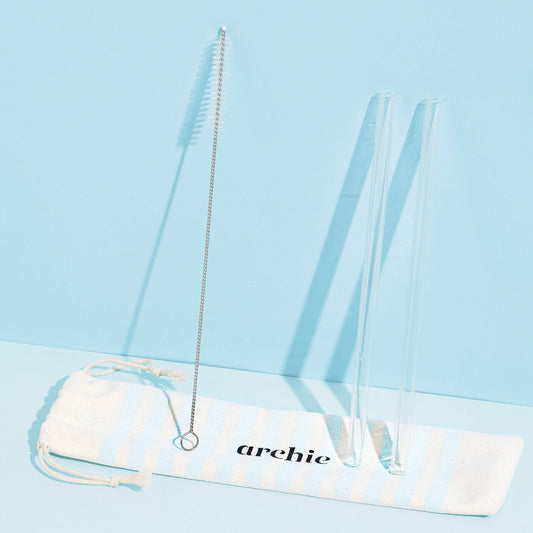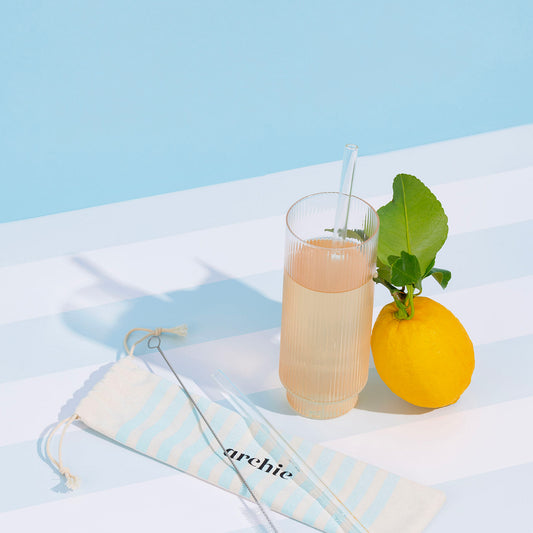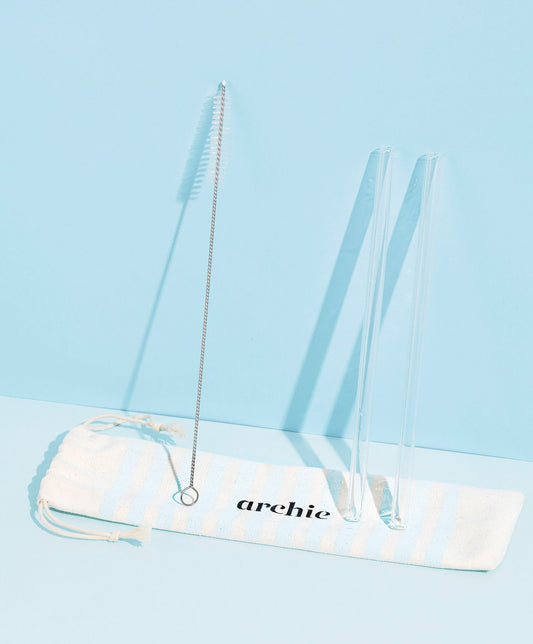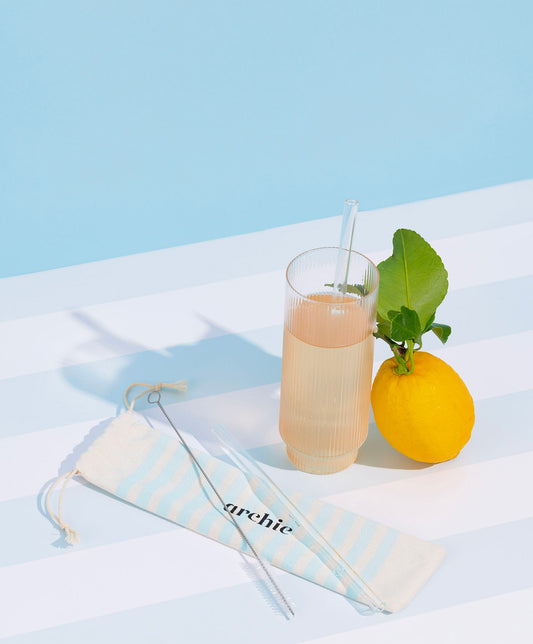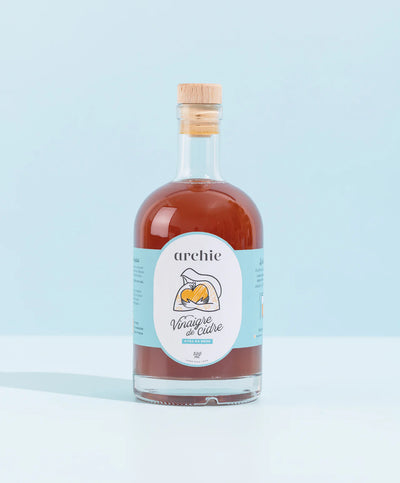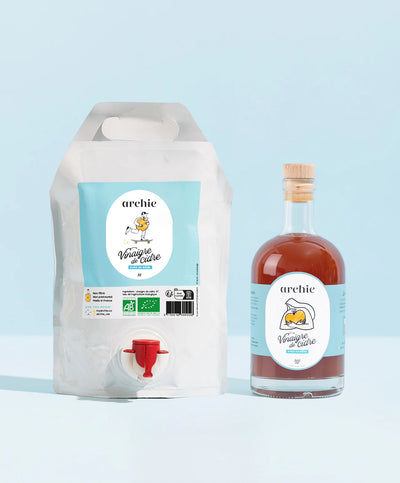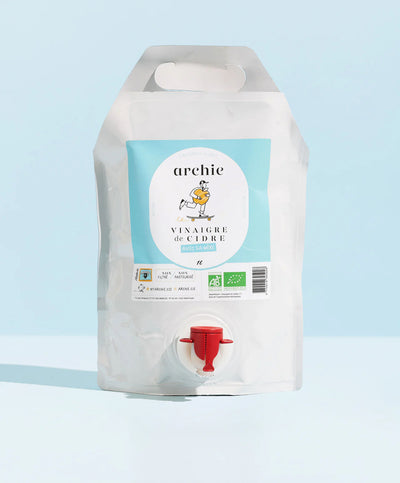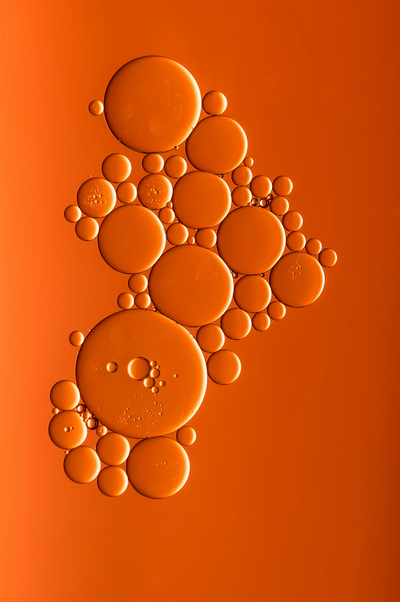Nice to meet you! I'm Gisèle from the blog La Belle & le Diabète. In this article, I'm sharing my experience as a type 1 diabetic with regard to nutrition, and later, my discovery of the Archie brand!
Diet and Carbohydrates in Type 1 Diabetes.
As a reminder, Type 1 Diabetes, which only represents 10% of cases of Diabetes, is an autoimmune disease that is not caused by diet. It is our antibodies that have attacked our pancreatic cells until the last one, and we must therefore manually administer insulin, whether by insulin pens or insulin pump. When a healthy person eats something that contains carbohydrates, the brain sends the information to the pancreas, and the latter will then release insulin. Insulin is the key that will allow sugar to pass from the blood, to the cells and organs to nourish them. Without it, the sugar remains stuck in the blood in too large a quantity: this is called hyperglycemia. A non-diabetic person cannot do this with a functional pancreas. On the contrary, if too much insulin has been administered, or a surprise sporting activity has emptied the stock, this is called hypoglycemia. The latter is not reserved for diabetics.
A type 1 diabetic therefore does not have a diet in practice, but they must know their insulin sensitivity and be aware of each carbohydrate they ingest, so they can adjust their insulin dose. We continually manage our blood sugar level, called glycemia, based on many factors that can cause it to vary, such as diet, exercise, emotions, stress, infections, etc. This can become very technical.
Healthy diet, happy blood sugar
Even though we don't have a diet in theory, type 1 diabetics are still human. The more varied and balanced our diet, the better our body will function (including our insulin sensitivity), and therefore the easier it will be to manage our diabetes.
Some people are already lucky enough to be very reactive to insulin, and haven't necessarily had to go that route. But personally, that wasn't the case for me, and I wasn't happy with my quality of life. As soon as I ate a little fatty or sugary food, I couldn't regulate my blood sugar, and whole days went up in smoke, just for the pleasure of a Carbonara dish. So I started learning about the types of foods and their effects on blood sugar, and I got help from nutrition professionals, in addition to a good diabetologist.
To begin with, it is obvious that we must avoid processed foods, which are often too rich in sugar and fat, but poor in nutrients. It is interesting to turn to healthier foods, such as fruits and vegetables, cereals, legumes, etc. As soon as we compose complete meals with fiber (raw vegetables, cooked vegetables, fruits, etc.), proteins (animal or vegetable) and starchy foods, whether they are whole or not, we realize that the body assimilates carbohydrates much better. By doing this, we naturally come across low GI meals (low Glycemic Index = refers to foods that release glucose slowly, thus helping to maintain stable blood sugar levels: whole foods, rich in fiber and unprocessed). Fat consumption is also important, but in our affluent society, it is done without much effort between the fat in our fish and our accompanying sauces... We are rather advised to be careful not to exceed our needs. For my part, as soon as I lose insulin sensitivity, this is my first lever, and I quickly regain better responsiveness. However, I should point out that I do a lot of exercise, which is also a powerful tool for becoming more responsive to insulin.
The limits and pitfalls of control
The problem with embarking on the path of "optimizing" your diet is that you quickly fall into hyper-control and deprivation. Moreover, it's not necessary (and depending on your health profile, it can even be dangerous) to only eat low-GI foods. Let's face it, life can't just be quinoa and salad. Sometimes you want a more comforting meal, or to enjoy an aperitif with friends, without depriving yourself. And it's very important to know how to do this, so as to always maintain a balance between your blood sugar and your mental health.
How to Survive a Rich Meal
The first thing, of course, is to understand your insulin sensitivity and settings so you can adjust your doses correctly. I won't go into detail here, but it's a topic I've covered many times in my blog.
Unfortunately, whether it's because you haven't mastered everything yet, or because your Diabetes is uncooperative, sometimes this isn't enough to avoid post-prandial hyperglycemia: the kind that occurs several hours after a good, rich meal.
How did Archie become my ally?
And finally, here's where I'm going to tell you about my experience with Archie's apple cider vinegar! I've heard a lot about so-called natural blood sugar regulators, like rice bran oil, cinnamon, and so on. But personally, it's never made any difference (except to my wallet). So I was very skeptical when I heard about apple cider vinegar.
However, reading what Google had to offer me on the subject, I quickly discovered that studies had been done. These studies showed that the acetic acid in apple cider vinegar improved insulin sensitivity, and therefore stabilized blood sugar (in addition to an appropriate dose of insulin for insulin-dependent people, or taking oral anti-diabetics for type 2 diabetics), while avoiding violent spikes in hyperglycemia. For those who are curious, it seems that apple cider vinegar, thanks to its enzymes, manages to facilitate digestion. This is explained by the "predigestion" of proteins and therefore the facilitation of the breakdown of fats.
Anyway. I felt reassured and decided to give it a try, which was very, very positive. As I explained in detail on my blog, I noticed an improvement of more than 40% on my major hyperglycemia spikes. When I published the article, I also received a lot of feedback from other patients. I sincerely invite you to try it if you're still hesitant. You have nothing to lose either way, as the positive effects of apple cider vinegar don't stop at regulating blood sugar.
My routine with Archie
As you can see, since this experience, I regularly consume cider vinegar. I don't necessarily take it every day, as I'm not a very diligent person apart from my insulin. But when a rich meal awaits me, and I know it's going to give me a hard time, I take a tablespoon (with Yacon syrup because I'm a bit of a wimp), and everything goes much better!
As for choosing this brand, it seemed obvious to me when I learned that it was better to choose organic preferably, and imperatively unfiltered and unpasteurized. I quickly noticed the Archie brand with these additional specificities in my research, and seeing the beauty of the bottle, I fell for it. I am also a graphic designer by training, and I admit, their sunny communication got the better of me. It's always more pleasant to consume a product created by dynamic and ethical people, right?
Article written by Gisèle, you can find her blog right here: https://labelleetlediabete.com/ .








